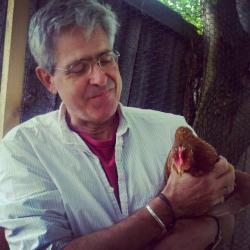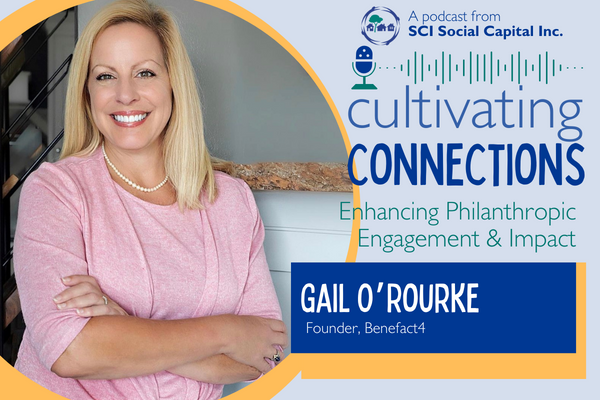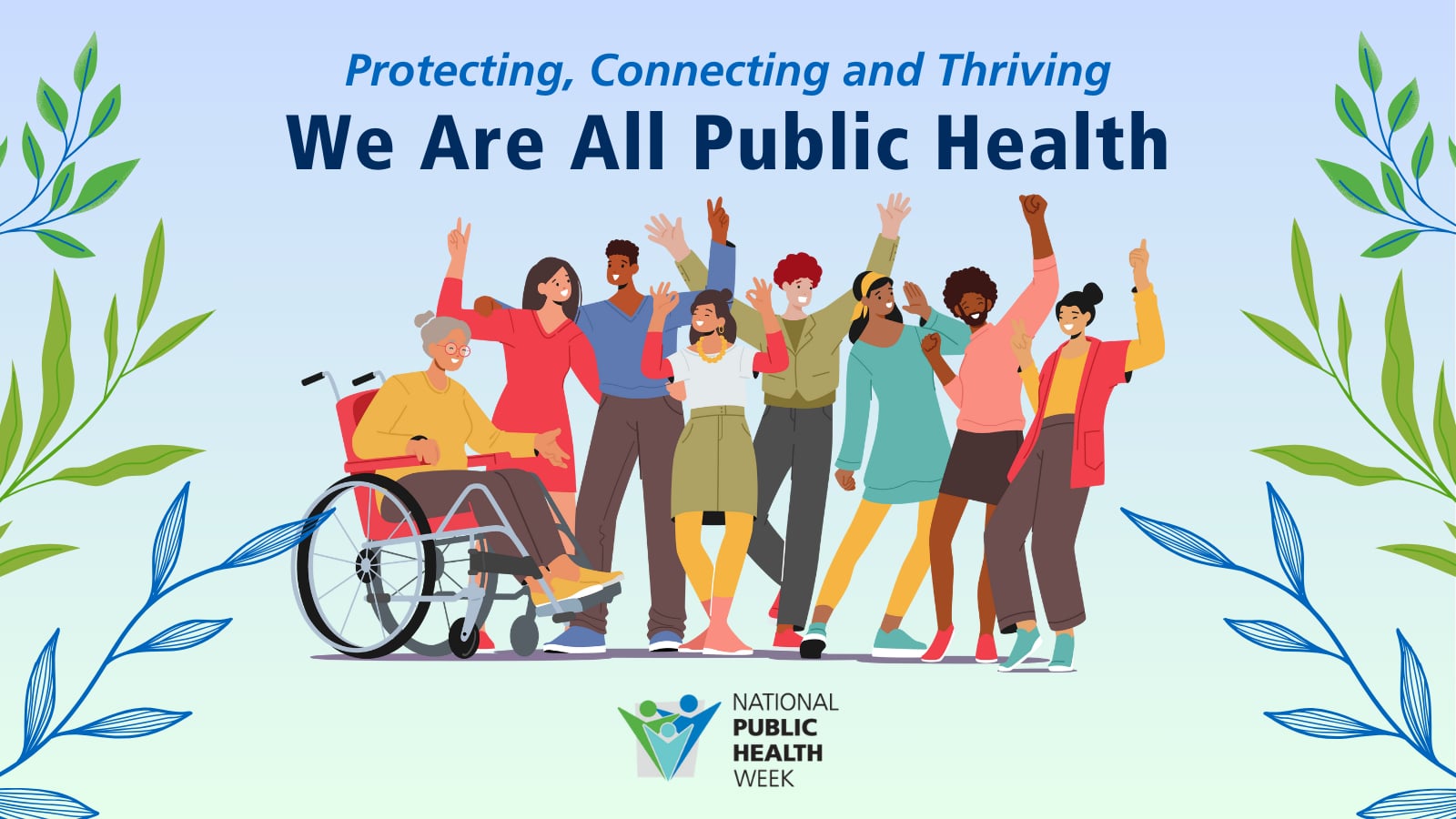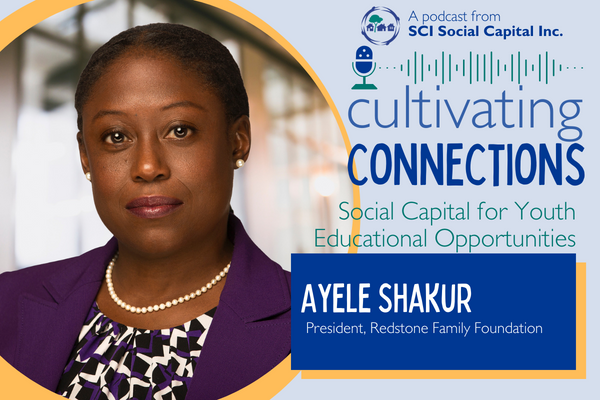8 Community Building Lessons from the Farm

Want to learn some good tips for engaging volunteers and building community at your organization? Perhaps you should spend a morning at a local farm like I did yesterday! We wanted to get better acquainted with Nina and Archie McIntyre after Nina had come to one of our events awhile back. They offered to show us around Wright-Locke Farm (which I’ll call “the farm” throughout this post) in nearby Winchester, MA, where they are passionate volunteer leaders. We suspected that there might be practical ways SCI might be able to connect with the farm around volunteer opportunities and some projects we are doing related to healthy food and community building.
We had a great time learning more about this special farm, which has been in continuous use since 1638. A group of volunteers banded together to conserve the property when it looked like it might be converted into a high density residential development. There are a lot of interesting details about the history and operation of the farm, but I’m going to let you visit their website–or better yet, visit the farm–to learn more about that. I was struck about how thoughtful Archie and Nina are about how to make the farm a great community building space, both for its intrinsic value and to sustain the work of the farm. Here are eight community building tips I took away from my visit to the farm:
1) Set context: Archie and Nina made a point to instill an appreciation of the rich history of the farm, going back to 1638. Antique tools in the stately old barn provide a tangible reminder of that link to the past. Of course, few organizations have centuries of history to relate. Nonetheless, we should all try to convey the mission and history that frames the current activities and specific volunteer tasks of our organization.
2) Design with volunteers in mind: Roles for volunteers wind up being an afterthought SP in many agencies. I was struck by how Archie mentioned early in our conversation that he thought a lot about what products generated more involvement. Animals pull in kids, so they’ve brought in chickens and lambs. He’s not sure what role volunteers could play in maintaining fruit trees; thus, no fruit trees yet.
3) Create a platform for people to share talents: The Wright-Locke Farm is a wonderful spread of rolling acres of farm and woodland. Prior to being taken over by the conservancy that now operates it, the farm was just growing raspberries. They are building much of the farm’s expanded products based on the interests and talents of people who want to get involved. For instance, they welcomed a local resident with beekeeping experience to bring his bees onto the farm. As Nina put it, this has brought in a “swarm of people” to help care for the bees, particularly older folks who are fascinated by highly evolved social structure of bees.
4) Let youth lead: Responding to the demand from children and families, the farm began considering bringing animals onto the property. The clincher was a Powerpoint presentation to the board by a group of elementary age students made to the board–how could they say no to that? The same group of students, with some help from their parents, are now the ones who take care of the chickens. These chickens will soon be producing eggs to add to the local food supply.
5) Have fun! There were a lot of smiles all around the farm. It was clear people were having a great time out there doing their volunteer work–Archie and Nina foremost among them in the smile department! Finding ways to make things fun is a focus at the farm. For instance, once those chickens did come to the farm, a fun chicken naming contest ensued. I didn’t quite catch which names won, but to make more kids happy, they all wound with middle names, too.
6) Offer a wide variety of opportunities: The farm has a wide variety of ways to get involved. Some volunteers are leading the effort on a particular aspect of the farm, like those running the bee and lamb programs. Others simply pull weeds (there is plenty of that work to go around!). In addition to volunteering, children can learn about farming and healthy food through the summer educational programs. And there are a variety of annual events at the farm, such as the harvest dinner I’m eager to attend!
7) Make people feel welcome: This sounds so basic, but I can’t tell you how many times I’ve shown up at an event and been met with indifference that I’ve chosen to participate. Several times volunteers arrived during our visit, and Archie and Nina would politely excuse themselves from our conversation, and give the volunteers a warm greeting. They did more than just give a nice hello. They would check about what that person would be doing and connect them with someone who could help them get going, if needed.
8) Cultivate your relationships Spending the morning on the farm reminded me how building social capital takes an approach similar to that required of farmers. Our culture of immediacy nudges us in the direction of expecting quick results from connections we make. But building social capital takes ongoing cultivation and care, just like we witnessed yesterday at the farm.
Stay tuned to our Week in Woburn email (sign-up in the upper right hand corner of this page for that and other SCI newsletters), as we’ll include Wright-Locke Farm volunteer opportunities. Or you can follow us on Twitter as we’ll be sure to tweet those opportunities, too.


